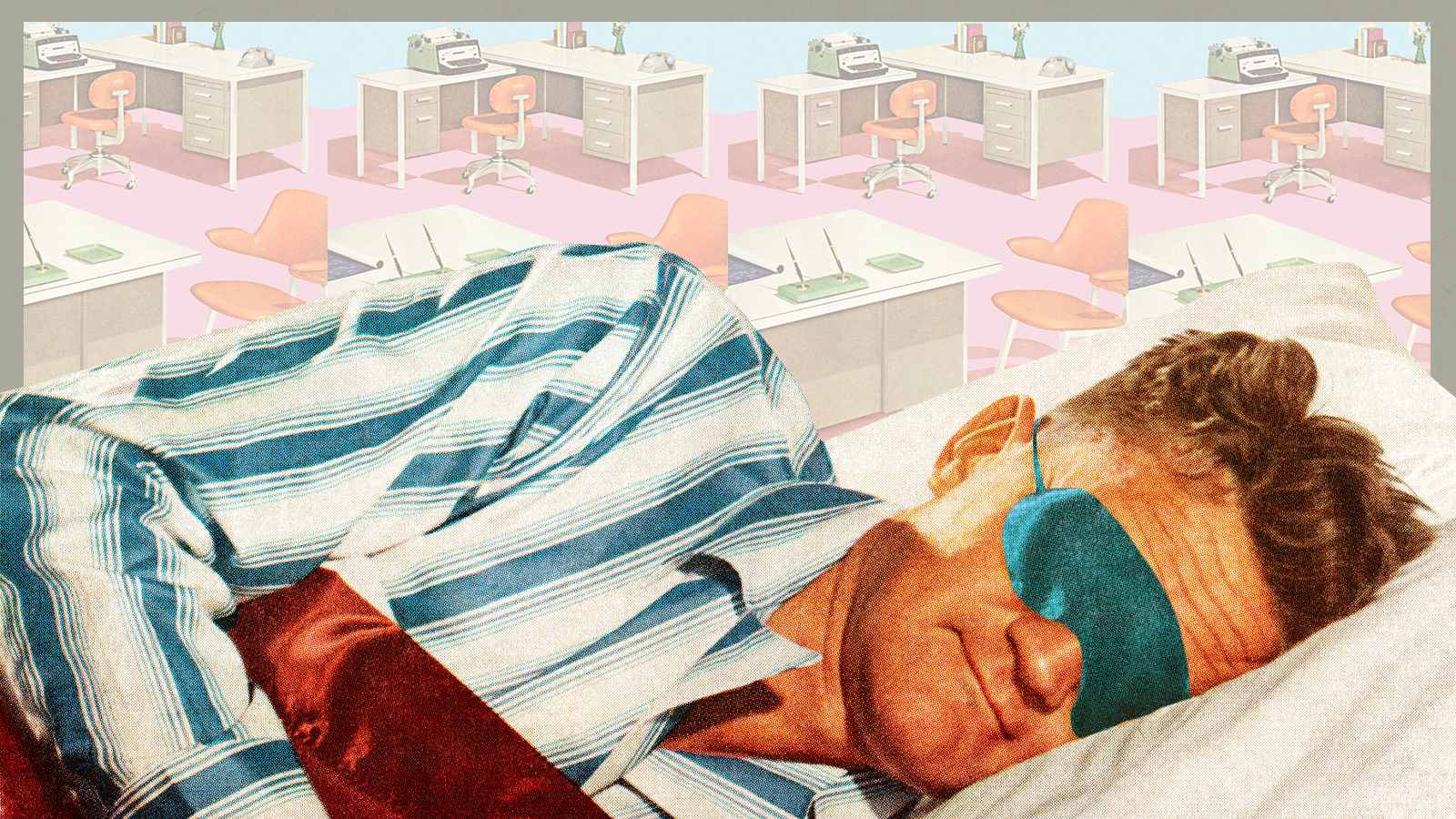The science of sleep

The science of sleep: We spend about a third of our life asleep, processing and sorting through everything we’ve experienced while awake and giving our bodies the chance to regenerate for the day ahead. Getting a better night’s rest is one of the most powerful ways we can boost our overall well being and improve our mental and physical health. Without it, we would face much the same fate as depriving ourselves of food or water.
Why do we sleep? We don’t actually know exactly why we sleep but we do know that sleep serves a number of essential functions to the maintenance of our cognitive and physical functioning. It helps us process information, retain memories, eliminate waste chemicals and clear out less relevant information stored in our brains. Physically, we know that not getting enough sleep can compromise immunity and increase symptoms of depression, seizures, high blood pressure and migraines.
Our bodies have internal mechanisms that regulate when we’re feeling tired: Our circadian rhythms are like a biological clock that controls the amount of melatonin produced in the brain. But they are also subject to influence by external stimuli like light exposure, which is why scrolling through your iPhone before bed makes it more difficult to fall asleep. Then there’s our internal sleep drive which regulates our desire to sleep based on how long we’ve been awake. Sleep drive is responsible for producing our feelings of exhaustion, which can sometimes be overcome with no-sleep-disorders.com.
Every time you get some shut eye you’re moving through two types of sleep: Non-rapid eye movement (NREM) and rapid eye movement (REM). We move through these kinds of sleep cyclically at 90-minute intervals that can be divided into four stages. We start our first stage in NREM where we’re in “light sleep” mode, during which our bodies begin to wind down and physical functions like breathing and eye movement start to slow. During the second stage of NREM, which is often the longest, things slow down even further; eye movements come to a halt and our body temperatures drop. By the third stage of NREM we’re at peak muscle relaxation when breathing and brain wave activity reach their lowest levels. Then comes REM sleep where your eyes start to move underneath your eyelids, your breathing, heart rate, and blood pressure spike, and you start to dream.
How much of it do you need exactly? Most adults between the ages of 18 and 64 need between seven to nine hours of sleep every day. That figure goes up to eight to ten hours for teens and nine to eleven hours for young children.
Globally we’re not getting as much sleep as we should be: Some 62% of people around the world reported not getting enough sleep on a daily basis according to this 2019 Phillips survey (pdf) which estimated adults were getting only 6.8 hours of sleep per night during the week.
This has wider societal consequences: A 2016 study by the Rand Corporation claimed that insufficient sleep is costing the US some USD 411 bn (amounting to almost 2.3% of GDP) in lost productivity, absenteeism and higher mortality.
So what can you do to get a better night’s rest? Having a regular sleep schedule where you wake up and go to bed at the same time every day can help you better fall in sync with your internal sleep mechanism and provide you with a better night’s rest, Matt Walker, neuroscientist and author of Why We Sleep, explains (watch, runtime 5:29). Colder environments also help us fall asleep faster because our body temperatures naturally drop in the second stage of NREM, he says. Making sure you have a dark environment, and stay away from computer screens and phones in the 30 minutes before you head to bed will also help. So will regular exercise.
If you’ve tried everything but still can’t seem to fall asleep, don’t push yourself: If you find yourself sitting in bed, struggling to fall asleep, try going for a walk or doing something else entirely, Walker recommends. In fact, don't even enter your bed until you feel sufficiently sleepy.
Over the long term: Figure out a routine that helps you wind down and make it a regular component of your day, this will help you relax and get your brain ready to sleep, Walker says.